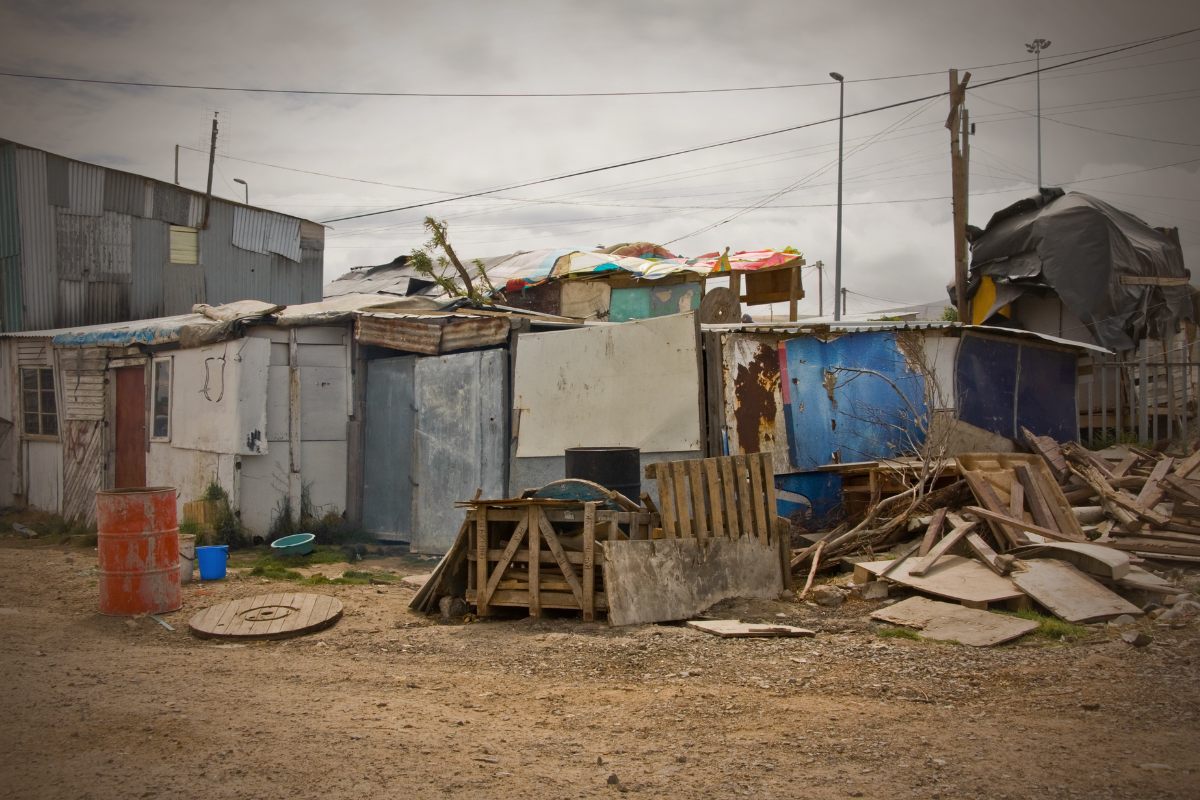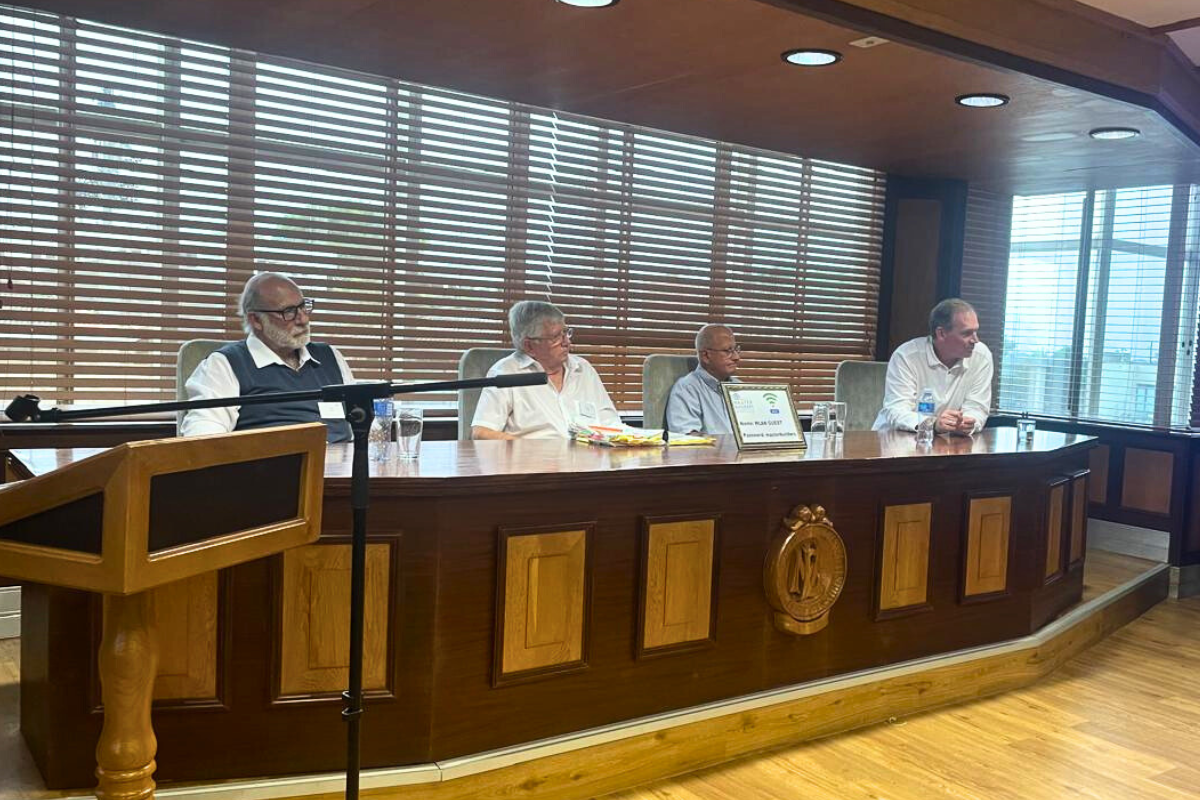The Currie family boasts a rich history in the property valuation profession. Richard Currie comes from a lineage of SAIV members. We interviewed him and he shared some great history on his great-grandfather, grand-father, father and son on their involvement in the Institute and the valuation profession.
Read what he had to say by accessing his responses below.
Richard Anthony John Currie
Which year did you become a member of SAIV? And which membership do you currently hold?
I became a member on the 11th of July 1973. I qualified as a member of the Royal Institution of Chartered Surveyors in the United Kingdom in about 1968. My current registration number with the South African Council of Valuers is 1188. I have been registered with the Department of Justice as a sworn appraiser
since March 1992.
What relation do you have to a founding member, past president or fellow of the Institute?
I believe that my great-great Uncle, Richard Currie, who died on the 2nd of July 1923, was one of the founding members of the Institute and was a member of the Committee. I have no confirmed dates of his involvement. My grandfather, Richard R Currie, also a member of the Institute, served on the Committee.
Again, dates are unknown. My father, Donald R Currie, was a member of the Institute and my son, Richard W Currie, is a fifth-generation member of the Institute. He is currently a Student Member.
What role did they play in the history of the Institute? What significant acts are you aware of that they undertook for the valuation profession in their time?
I believe that the original Richard Currie compiled one of the first Valuation Rolls for the City of Johannesburg. He founded the business of Richard Currie, Estate Agent, Auctioneer and Property Valuers in 1887.
Did you consider any other career outside of property valuation or was that the set path for you given the involvement of the person mentioned in point 3?
When I was a teenager, my Grandfather, in particular, encouraged me to take an interest in property valuations and the valuations of moveables. At that stage, in the 1950s and 60s, the company of Richard R Currie Ltd was one of the renowned auctioneers in Johannesburg of fixed property and moveable assets.
How many generations of valuers do you have in your family?
Five
Why did you become a member of SAIV?
Although I was a member of the Royal Institution of Chartered Surveyors in the UK, having qualified in 1968, I joined the South African Institute on the basis that it best represented the interests of valuers in South Africa.
What significant changes did you witness and experience within the property valuation profession over the years?
There have been many changes, the main one being the tendency to apply algorithmic methodologies to the valuation of all classes of real estate. This may have the tendency to make individual valuers become more and more irrelevant and anachronistic in conducting valuations. The availability of easily accessible
data on property sales registered in the Deeds Office has also been a significant and positive development in the modern era.
Although there is a growing belief that computers will in time be able to conduct valuations based on the massive amount of information which is now available, I firmly believe that the human factor can never be dispensed with. Many valuations, by their very nature, such as game farms and leisure properties, involve
highly subjective thought processes. The input of individual valuers who have an intimate knowledge of the relevant markets will always remain an essential ingredient in the valuation process.
I believe that the furore over “expropriation of land without compensation” will present challenges for valuers in the future. The different perceptions that people have about this issue and the uncertainty about the future make it extremely difficult to factor in the impact of this threat to the concept of private
property in the valuation of rural property in particular.
What do you think the future of property valuation holds?
Property valuations conducted by individuals will continue to be required despite the intrusion of mechanical/algorithmic methodologies into the profession. An important factor to be faced in the future will be the imposition of International Valuation Standards on the South African profession. Although
compliance with internationally recognised valuation standards is generally positive, the imposition of such standards might not always be appropriate from a South African perspective. There is a growing tendency in a commercial world, for companies requiring valuers with internationally recognised qualifications (i.e. RICS), to conduct valuations for balance sheet or company floatation purposes. This has the danger of making South African educated valuers, holding South African Council of Valuers recognition, increasingly irrelevant. This represents a danger to the South African Institute of Valuers, especially considering the difficulty of attracting younger people into the profession. I believe that the South African profession needs to understand and accept these challenges and to take steps to mitigate the intrusion of foreign standards and foreign valuers into the South African property environment.

Donald Richard Currie (3rd generation),
Donald Mark Currie, Richard A J Currie (4th generation)
& Richard R Currie (2nd generation)

Richard AJ Currie and his son Richard W Currie

112 Commissioner Street, Johannesburg.
Building completed in 1896

Mr AJ Currie – circa 1986



